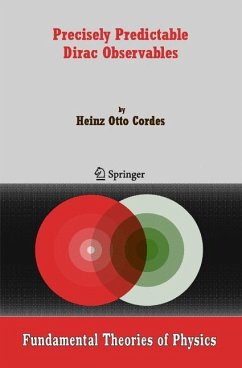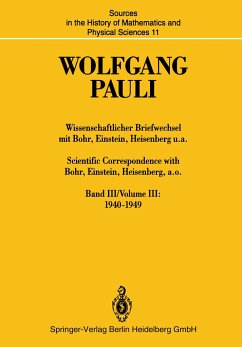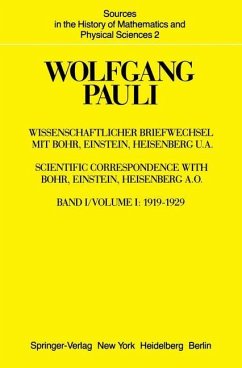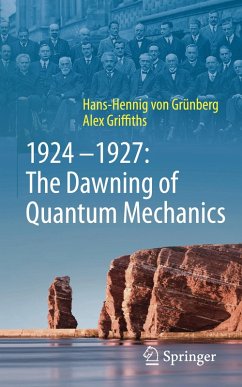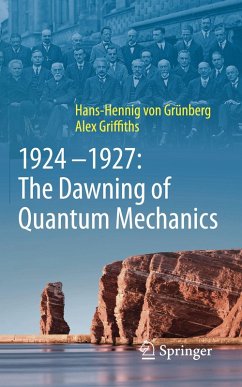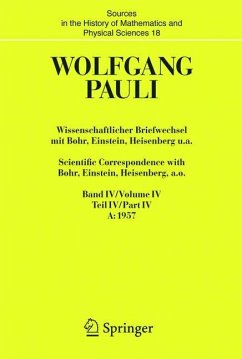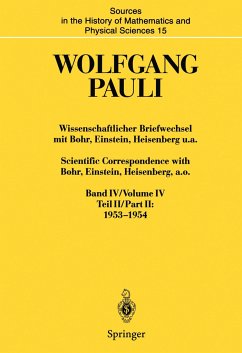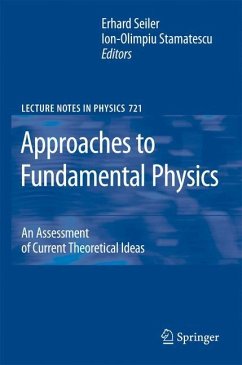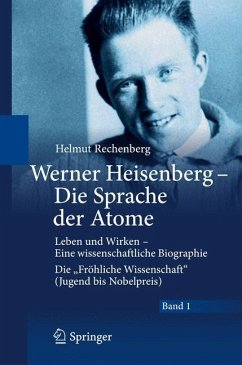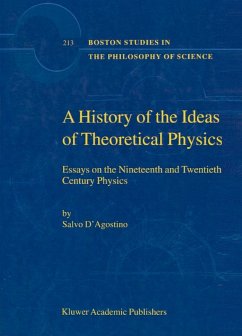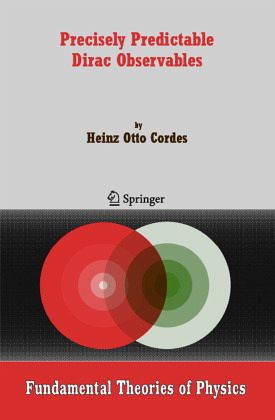
Precisely Predictable Dirac Observables
Versandkostenfrei!
Versandfertig in 6-10 Tagen
76,99 €
inkl. MwSt.
Weitere Ausgaben:

PAYBACK Punkte
38 °P sammeln!
In this book we are attempting to o?er a modi?cation of Dirac's theory of the electron we believe to be free of the usual paradoxa, so as perhaps to be acceptable as a clean quantum-mechanical treatment. While it seems to be a fact that the classical mechanics, from Newton to E- stein's theory of gravitation, o?ers a very rigorous concept, free of contradictions and able to accurately predict motion of a mass point, quantum mechanics, even in its simplest cases, does not seem to have this kind of clarity. Almost it seems that everyone of its fathers had his own wave equation. For the quantum m...
In this book we are attempting to o?er a modi?cation of Dirac's theory of the electron we believe to be free of the usual paradoxa, so as perhaps to be acceptable as a clean quantum-mechanical treatment. While it seems to be a fact that the classical mechanics, from Newton to E- stein's theory of gravitation, o?ers a very rigorous concept, free of contradictions and able to accurately predict motion of a mass point, quantum mechanics, even in its simplest cases, does not seem to have this kind of clarity. Almost it seems that everyone of its fathers had his own wave equation. For the quantum mechanical 1-body problem (with vanishing potentials) let 1 us focus on 3 di?erent wave equations : (I) The Klein-Gordon equation 3 2 2 2 2 (1) ? ?/?t +(1??)? =0 , ? = Laplacian = ? /?x . j 1 This equation may be written as ? ? (2) (?/?t?i 1??)(?/?t +i 1??)? =0 . Hereitmaybenotedthattheoperator1??hasawellde?nedpositive square root as unbounded self-adjoint positive operator of the Hilbert 2 3spaceH = L (R ).





